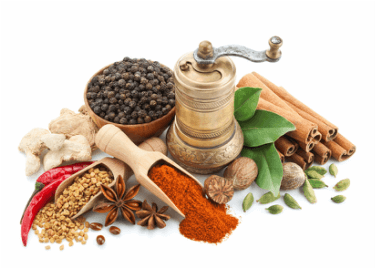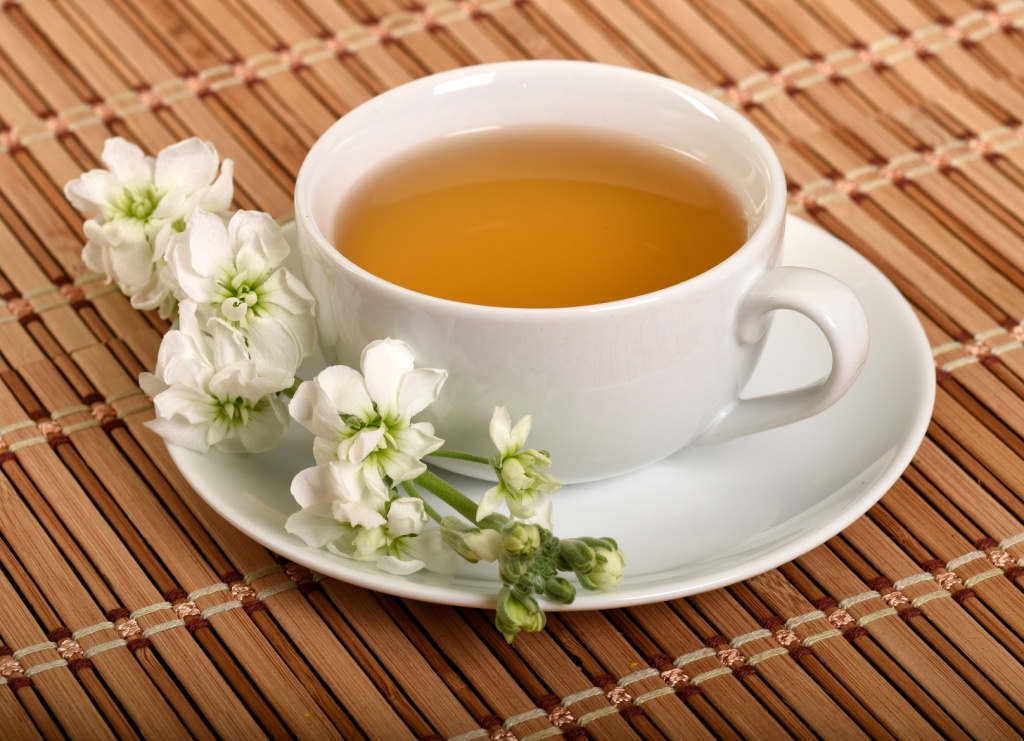Can a Cup of Tea Fight Inflammation?

Inflammation is a process by which the body’s white blood cells and substances they produce protect us from infection with foreign organisms, such as bacteria and viruses.
However, in some diseases, like arthritis, the body’s defense system triggers an inflammatory response when there are no foreign invaders to fight off. This is known as autoimmune diseases.
There are two types of inflammation: acute and chronic inflammation. Acute inflammation arises after a cut or scrape in the skin, site of injury or sore throats. It is short-term and the effects subside after a few days.
Chronic (sometimes called systemic) inflammation is long-term and occurs in conditions such as lupus, inflammatory bowel disease, allergies and asthma. If left untreated, chronic inflammation can unfortunately lead to more serious health issues. Some key factors that contribute to autoimmune diseases can be due to lifestyle, genetic predisposition, lack of exercise, stress, poor diet, smoking, excessive alcohol and pollution in the environment.
Thankfully, by making simple changes to your diet and lifestyle choices may keep inflammation under control. By learning how specific foods influence the inflammatory response could be the best strategy for containing it, even though some establishments say that hard evidence is lacking.
Anti-inflammatory food diets are generally what health nutritionist advice you to eat such as fruit and veggies, whole grains, nuts which contain healthy fat to stop inflammation, fish, herbs and spices.
If you are looking to keep your inflammation levels under control through lifestyle changes and dietary means, then you may want to consider the following;
- Eat a variety of colourful, whole, plant food in their natural state
- Avoid or limit processed foods
- Stay hydrated with water
- Exercise often – ensure regular movement in your daily routine
- Sleep – make sure you get good quality sleep and find breathing exercises and meditation to keep stress levels down
The best anti-inflammatory herbs and spices known are cloves, turmeric, black pepper, cayenne pepper, basil, sage, coriander, ginger, and peppermint.
Drink tea to fight inflammation
The best teas to help fight inflammation are peppermint, fennel, cinnamon, ginger, nettle leaf, rose hips, matcha and most types of green teas. Black teas also help with keeping inflammation at bay because it is rich in quercetin, a bioflavanoid that has anti-inflammatory effects. Black tea can be high in caffeine depending on how it’s brewed so you may want to brew lighter infusions.
Its best to try a variety of teas over the week so that your taste buds develop and learns to appreciate the healing effect of different flavours and subtle notes of sweet and woody herbs and floral and fruity characters of green teas.
Here are some recommendations from the Camellia’s Tea Collection which we think will help the body to alkaline and reduce inflammation.
Handmade wellness herbal infusions:

- Beautiful skin tea which contains nettle and other blood cleansing herbs
- Gout tea contain alkalizing herbs which reduce inflammation
- Fennel tea
- Happiness tea containing fennel and rose hips
- Nettle tea
- Peppermint tea
- Toxin killer containing nettle and many other herbs with anti-inflammatory properties
- Zest tea with lemon and ginger
For the healing effect try longer brews for herbal infusions to boost the tea’s potency.
Green teas:
- Anji Bai Cha is a delicate spring green tea with a very pale green colour
- Ceylon Green tea – this is rare and one of the finest organic green teas
- China Gunpowder is one of the most widely drunk teas in China
- Green Mint is invigorating which combines strength and quality
- Lung Ching also known as “Dragonwell” renowned for its quality and flavour
- Matcha Premium is of a ceremonial quality and classic for the traditional Japanese Tea Ceremony
Avoid steeping green in water that is too hot for longer than 3-4 minutes, as this will result in a bitter brew.








COMMENTS